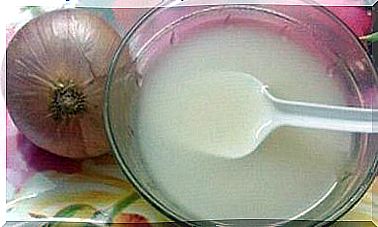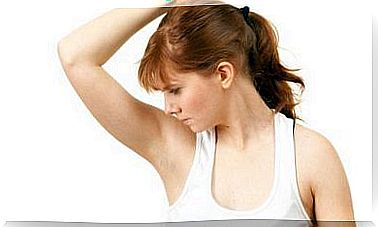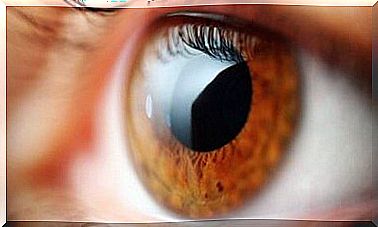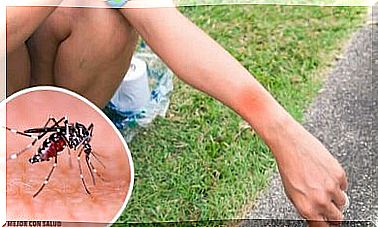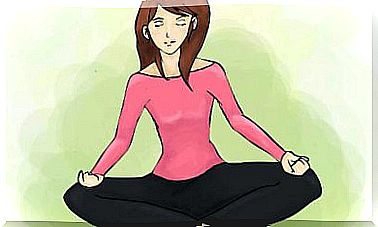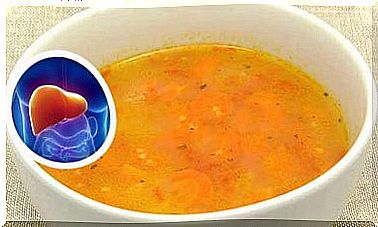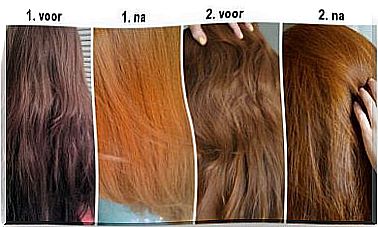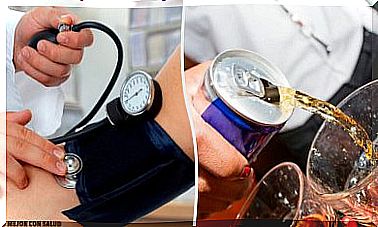Seven Signs You’re Not Getting Enough Protein
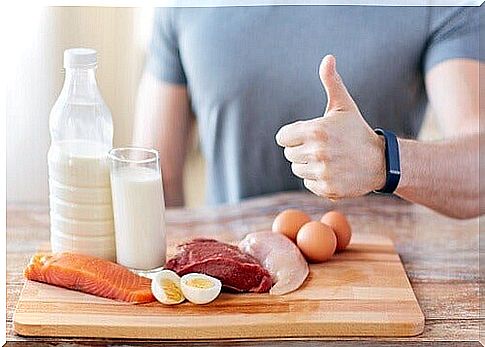
Proteins are fundamental to maintaining, growing and repairing the cells in your body. Not getting enough protein will cause your body to show signs that are much more obvious than you might think.
If you suspect you’re not getting enough protein, take a look at the following signs your body may already be giving you.
1. Cravings
Proteins help, among other things, to keep your blood sugar level in balance. If you don’t get enough protein, you will suddenly experience a strong craving for sweets.
2. Dry skin and weak nails and hair

If you don’t consume the right amount of protein , your hair will gradually become thinner and more fragile, and it will fall out faster.
With regard to your skin, on the other hand, it often happens that it becomes flaky and extremely dry.
Crescent moons and broad cuticles can also indicate a lack of proteins.
3. Concentration Problems
If you are experiencing problems with your concentration, it may be related to your protein consumption.
When your body isn’t getting the amount of protein it needs, you may suddenly experience very clear moments followed by only more confusion.
The reason behind this is that a lack of protein can cause fluctuations in your blood sugar level, which directly affects your brain.
4. Muscle and Joint Pain
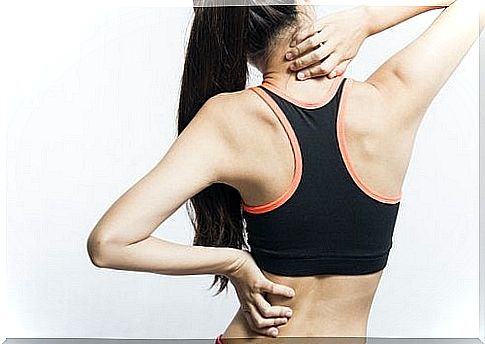
If you notice that your muscles are weaker or if you suffer from joint pain, even if you have not exercised at all, this can be traced to a lack of protein.
The reason for this is simple. Body tissues, especially your muscles, need protein to be properly nourished.
5. Slow recovery
If it usually takes a very long time to recover from an injury, this can also indicate that you are not getting enough protein.
Remember that proteins are an indispensable nutrient for the healing and growth of body cells. In addition, it also makes your immune system stronger.
If there is a lack of proteins, you will notice that it also takes longer for your wounds to heal.
6. Fluid Retention
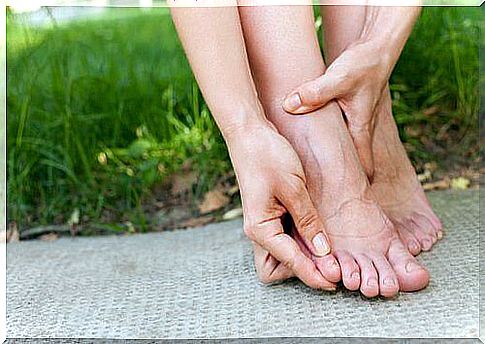
A poor diet that involves a lack of protein can sometimes cause fluid retention, which will generally make you look fatter.
In this case, try to avoid both alcohol and too much salt, maintain a balanced diet and drink plenty of water.
7. A Weaker Immune System
A lack of protein can weaken your immune system.
Proteins are essential for a strong immune system. A lack of this nutrient will therefore make your body susceptible to all kinds of diseases.
Tips if you don’t get enough protein
If you already suspected that you were not getting enough protein and this suspicion is confirmed by recognizing one or more of the above symptoms in yourself, then it is high time that you include some protein-rich foods in your diet.
Therefore, in the future, try to consume more of the following products:
lentils
- Your body gets eighteen grams of protein per 100 grams of lentils. In addition, this legume is also very rich in iron.
- Lentils help to renew your body cells and prevent premature aging.
Spinach
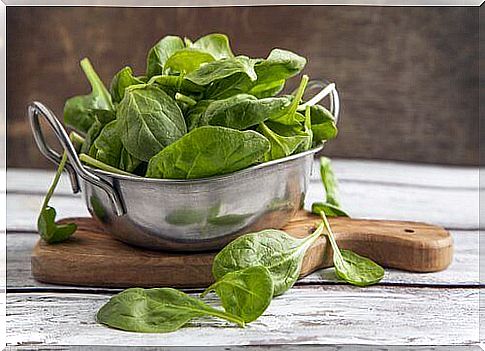
- Spinach is a great option if you’d like to get more protein without eating meat. It is also a good source of calcium and iron.
- You can eat spinach raw, in salads, or cooked. When you cook spinach, the protein content increases five times, the iron content also increases.
Seeds and nuts
Seeds and nuts are not only rich in protein, but also in fiber, making them good for combating constipation.
All you have to do is eat a modest amount of nuts and/or seeds daily to notice a difference.
Meat
Meat is a great example of high protein foods.
- Chicken breast is a great option, low in fat and high in protein (twenty-six grams of protein per 100 grams of chicken).
- You can also opt for roast turkey, an option that is also very low in fat and even more protein than chicken. Turkey contains twenty-nine grams of protein per 100 grams.
- Steak contains twenty-one grams of protein per hundred grams.
- Finally, ham contains no less than thirty grams of protein per hundred grams.
